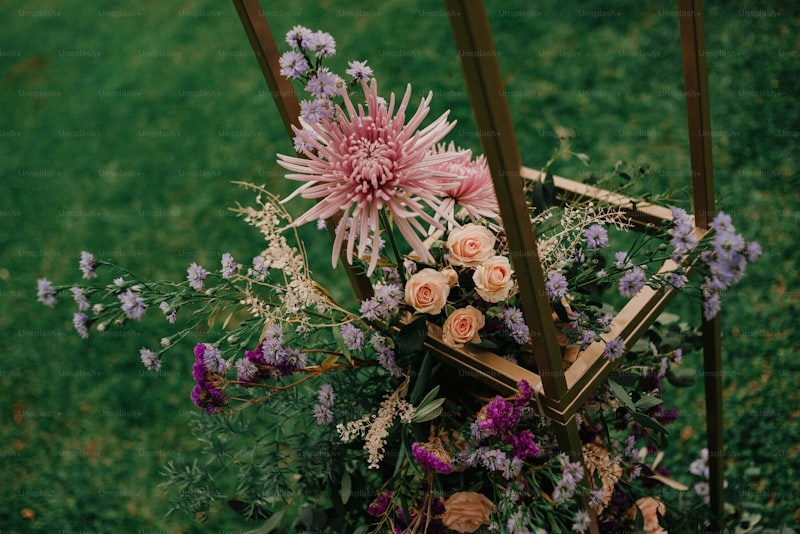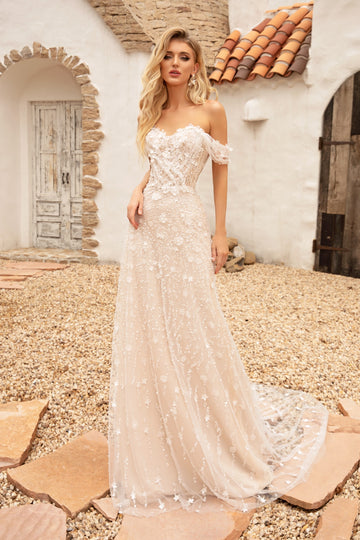Unlock the Charm of Historical Gardens as Wedding Venues
Unlock the Charm of Historical Gardens as Wedding Venues
Experience Timeless Elegance in Historical Gardens
When it comes to planning the perfect wedding, the venue plays a pivotal role in creating an unforgettable experience. Historical gardens offer a unique blend of romance, beauty, and history that can elevate any wedding celebration. This article explores why historical gardens are increasingly becoming sought-after wedding venues, weaving in essential details like their aesthetic appeal, the serene atmosphere they provide, and the fantastic photographic opportunities they present.
Why Choose Historical Gardens for Your Wedding?
Weddings are significant milestones, deserving of exceptional settings that reflect the couple's unique love story. Historical gardens offer several advantages that make them ideal for weddings:
- Natural Beauty: Lush greenery, vibrant flowers, and well-manicured landscapes create a stunning backdrop for wedding ceremonies and receptions.
- Historical Significance: Many historical gardens are rich in cultural and architectural history, providing couples with a unique narrative to share with their guests.
- Serene Atmosphere: The tranquility of gardens fosters intimacy, allowing couples to celebrate their love in a peaceful setting away from the city's hustle and bustle.
- Versatile Settings: Historical gardens can accommodate various wedding styles, from intimate gatherings to grand celebrations.
A Closer Look at Popular Historical Gardens
Let's explore some iconic historical gardens that serve as exquisite wedding venues:
| Garden Name | Location | Notable Features | Capacity |
| Brooklyn Botanic Garden | Brooklyn, New York | Cherry Blossom Walk, Japanese Hill-and-Pond Garden | Up to 200 guests |
| Longwood Gardens | Kennett Square, Pennsylvania | Fountains, Conservatory, Flower Displays | Up to 500 guests |
| Royal Botanic Gardens | Kew, London | Historic Glasshouses, Palm House | Up to 300 guests |
| Butchart Gardens | Brentwood Bay, British Columbia | Sunken Garden, Rose Garden | Up to 450 guests |
The Perfect Time for a Garden wedding
The choice of timing can significantly enhance the experience of a Garden wedding. Typically, spring and summer are the most popular seasons for Garden weddings due to the vibrant blooms and pleasant weather. Here are some additional elements to consider:
- Seasonal Flowers: Depending on the season, certain flowers will be in bloom, adding natural decor to your wedding. For example, peonies and roses flourish in late spring to early summer, creating a romantic atmosphere.
- Weather Considerations: Be mindful of the specific climate in your chosen location. For instance, a wedding in the Southern U.S. during summer may require contingency plans for high temperatures and humidity.
- Time of Day: Late afternoon ceremonies benefit from soft lighting, perfect for photography. Sunset weddings might require additional lighting solutions to keep the celebration going into the night.
Photography and Visual Appeal
One of the most significant advantages of historical gardens as wedding venues is the opportunities they provide for stunning photography. The picturesque landscapes, colorful flora, and charming architectural features serve as perfect backdrops for capturing the love story between a couple. Here are some photography tips:
- Scout Locations: Prior to the wedding day, visit the garden with your photographer to identify the best spots for photographs.
- Golden Hour: Plan for a photo session during the golden hour, approximately one hour before sunset, to achieve soft, flattering light.
- Incorporate Elements: Use elements of the garden, like arches of flowers or fountains, to create unique and memorable shots.

Logistics and Considerations
While the beauty of historical gardens can be mesmerizing, there are essential logistical considerations when planning your wedding in such venues:
- Permits and Regulations: Ensure that you understand the requirements for hosting a wedding in the garden, and obtain any necessary permits well in advance.
- Accessibility: Consider the accessibility for elderly guests or those with mobility issues. Make sure pathways are clear and that there's ample seating available.
- Catering Options: Many historical gardens provide a list of approved caterers and florists. Use their expertise to ensure that your wedding will adhere to all requirements.
- Noise Restrictions: Some gardens have regulations regarding noise levels, especially if they are in residential areas. Check these limits to ensure your celebration remains within the guidelines.
Conclusion: Making Your Historical Garden wedding a Reality
Historical gardens as wedding venues offer an enchanting setting, placing couples in a magnificent tableau of nature and history. From the serene ambiance to stunning photography opportunities, these venues provide an extraordinary backdrop for your big day. It is vital, however, to consider logistical details such as permits, weather, and accessibility.
In summary, if you are contemplating a wedding in a historical garden, conduct thorough research, develop a clear plan, and work closely with the venue's management. By doing so, you will pave the way for an unforgettable wedding experience that you and your guests will cherish forever.
Seek out historical gardens that resonate with your personal style and love story, and allow their timeless beauty to enhance your celebration of love.
